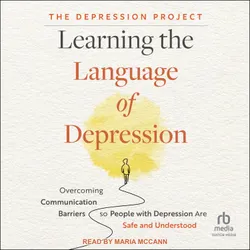Dhammapada is a collection of sayings of the Buddha in verse form and one of the most widely read and best known Buddhist scriptures. The original version of the Dhammapada is in the Khuddaka Nikaya, a division of the Pali Canon of Theravada Buddhism. Each saying recorded in the collection was made on a different occasion in response to a unique situation that had arisen in the life of the Buddha and his monastic community. The book presents the details of these events and is a rich source of legend for the life and times of the Buddha. The title, "Dhammapada," is a compound term composed of dhamma and pada, each word having a number of denotations and connotations. Generally, dhamma can refer to the Buddha's "doctrine" or an "eternal truth" or "righteousness" or all "phenomena"; and, at its root, pada means "foot" and thus by extension, especially in this context, means either "path" or "verse"

Fripons T2 : Rendez-vous fripons
Anonymous
book
GMAT Official Guide 2025 - 2026 : Book + Online Question Bank
Anonymous
audiobook
Learning the Language of Depression : Overcoming Communication Barriers so People with Depression Are Safe and Understood
Anonymous
audiobook
Pipsa Possu - Dinosaurusjuhlat
Anonymous
audiobook
The story of Flamenca : The first modern novel, arranged from the Provençal original of the Thirteenth Century by William Aspenwall Bradley
Anonymous
book
Wreck of the "London"
Anonymous
book
Cross of Caravaca
anonymous
book
The Gospel of Mary Magdalene
anonymous
book
pyramids texts
anonymous
book
The Book of Enoch
anonymous
book
the gospel of Saint Thomas
anonymous
book
The Book of Job
anonymous
book
